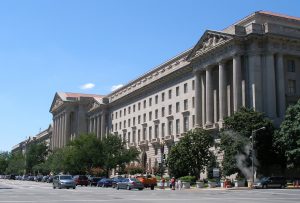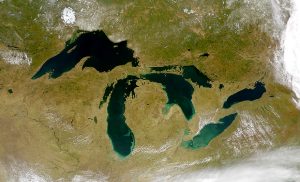The quiet revolution in Wisconsin administrative law
The late Justice Antonin Scalia, a former administrative law professor, once began an address on Chevron deference by warning his audience to “lean back, clutch the sides of your chairs, and steel yourselves for a pretty dull lecture.”[1] Perhaps that warning should preface this blog post, which also concerns administrative law. Of course Scalia’s comments that day turned out to be anything but “dull.” Broadly speaking, neither is the subject matter  he covered: as the discipline concerned with governmental decision-making, administrative law issues confront nearly every legal practice in areas as diverse as taxation, environmental permitting and litigation, labor relations, and countless others.
he covered: as the discipline concerned with governmental decision-making, administrative law issues confront nearly every legal practice in areas as diverse as taxation, environmental permitting and litigation, labor relations, and countless others.
In Wisconsin, the past five years have seen an unprecedented makeover in longstanding principles of state-level administrative law. These changes shift power away from agencies and toward courts, the legislature, and the governor. In this post, I divide the changes into three categories: 1) reductions in agency authority; 2) additions to the rulemaking process that, among other things, allow the Legislature to indefinitely block new rules; and, perhaps most importantly, 3) fundamental revisions to the doctrine of judicial deference to agency interpretations of law. Taken together, these developments deeply change the balance of power between agencies and the three branches of Wisconsin government.

